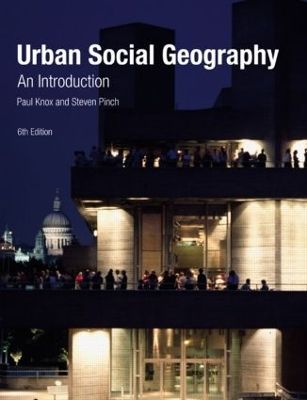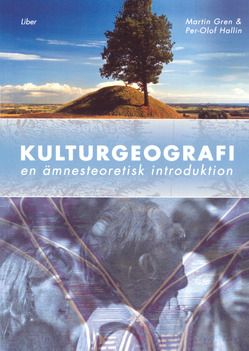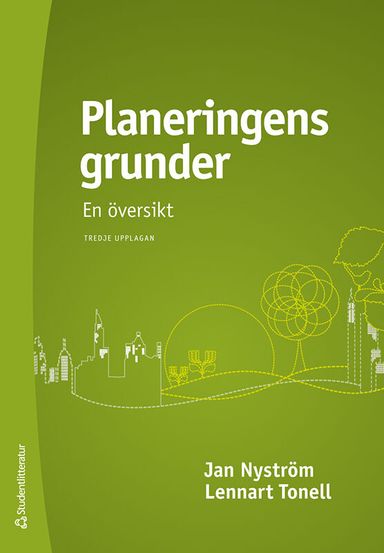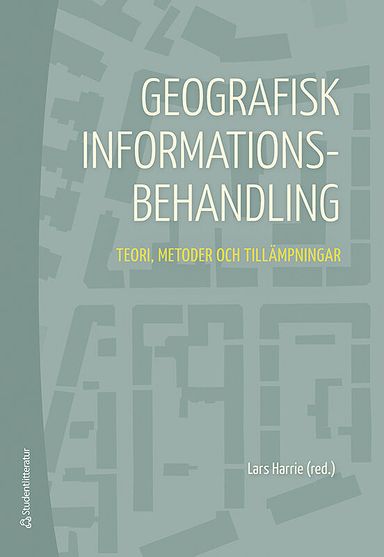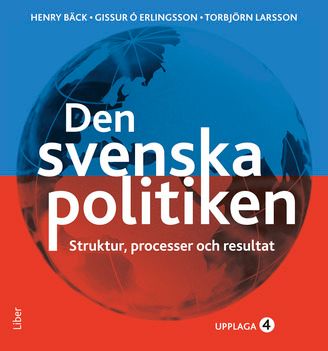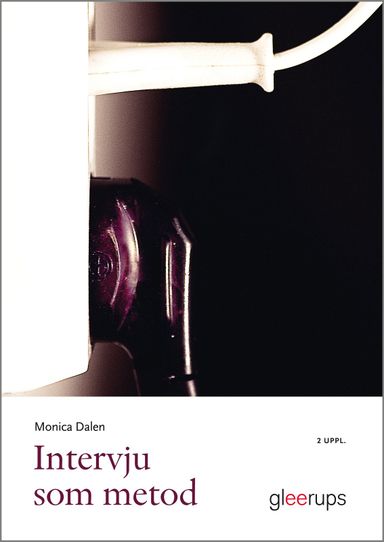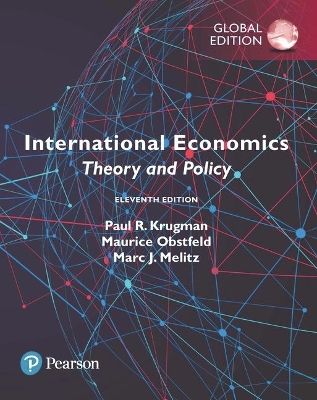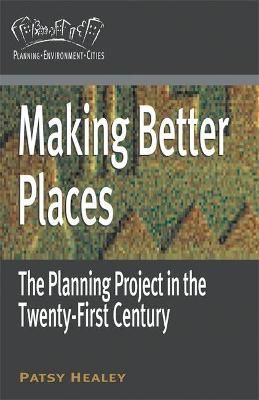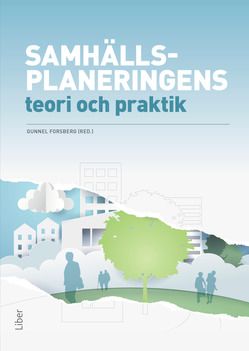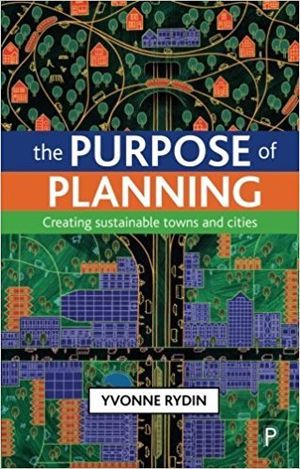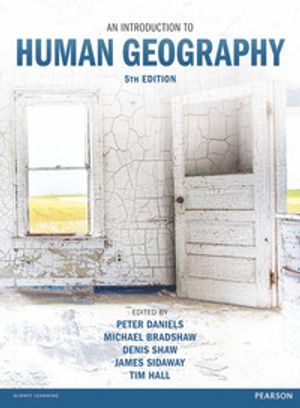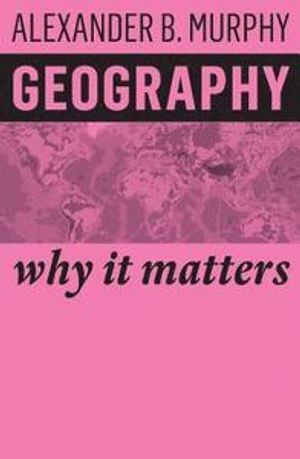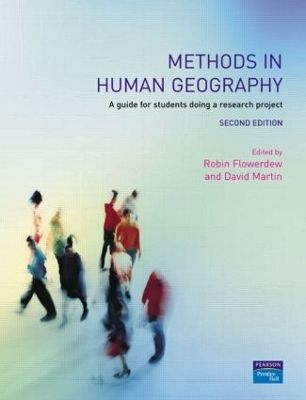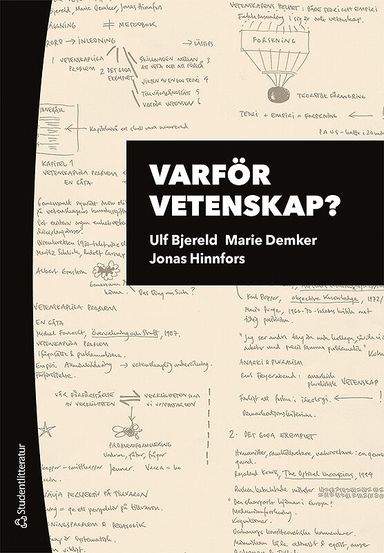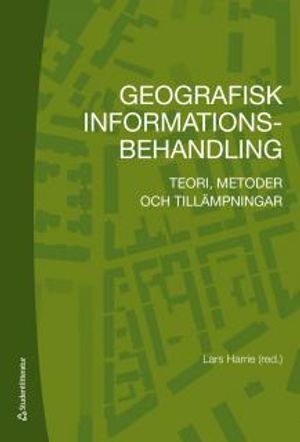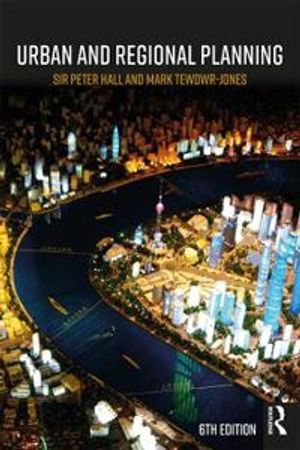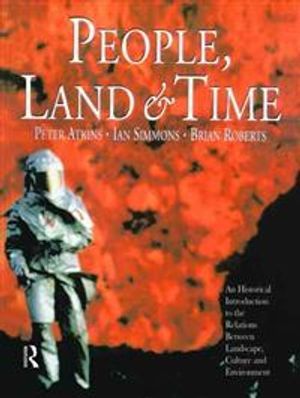![The Routledge Handbook on Cities of the Global South [Elektronisk resurs]; Susan Parnell, Sophie Oldfield; 2016](/images/size:384:0/quality:100/asset/book-cover/the-routledge-handbook-on-cities-of-the-global-south-elektronisk-resurs-9780415789509)
![The Routledge Handbook on Cities of the Global South [Elektronisk resurs]; Susan Parnell, Sophie Oldfield; 2016](/images/size:384:0/quality:100/asset/book-cover/the-routledge-handbook-on-cities-of-the-global-south-elektronisk-resurs-9780415789509)
The Routledge Handbook on Cities of the Global South [Elektronisk resurs] Upplaga 1
- Upplaga: 1a upplagan
- Utgiven: 2016
- ISBN: 9780415789509
- Sidor: 636 st
- Förlag: Routledge
- Format: Häftad
- Språk: Engelska
Om boken
The renaissance in urban theory draws directly from a fresh focus on the neglected realities of cities beyond the west and embraces the global south as the epicentre of urbanism. This Handbook engages the complex ways in which cities of the global south and the global north are rapidly shifting, the imperative for multiple genealogies of knowledge production, as well as a diversity of empirical entry points to understand contemporary urban dynamics. The Handbook works towards a geographical realignment in urban studies, bringing into conversation a wide array of cities across the global south – the ‘ordinary’, ‘mega’, ‘global’ and ‘peripheral’. With interdisciplinary contributions from a range of leading international experts, it profiles an emergent and geographically diverse body of work. The contributions draw on conflicting and divergent debates to open up discussion on the meaning of the city in, or of, the global south; arguments that are fluid and increasingly contested geographically and conceptually. It reflects on critical urbanism, the macro- and micro-scale forces that shape cities, including ideological, demographic and technological shifts, and rapidly changing global and regional economic dynamics. Working with southern reference points, the chapters present themes in urban politics, identity and environment in ways that (re)frame our thinking about cities. The Handbook engages the twenty-first-century city through a ‘southern urban’ lens to stimulate scholarly, professional and activist engagements with the city.
Åtkomstkoder och digitalt tilläggsmaterial garanteras inte med begagnade böcker
Mer om The Routledge Handbook on Cities of the Global South [Elektronisk resurs] (2016)
I december 2016 släpptes boken The Routledge Handbook on Cities of the Global South [Elektronisk resurs] skriven av Susan Parnell, Sophie Oldfield. Det är den 1a upplagan av kursboken. Den är skriven på engelska och består av 636 sidor. Förlaget bakom boken är Routledge.
Köp boken The Routledge Handbook on Cities of the Global South [Elektronisk resurs] på Studentapan och spara pengar.
Referera till The Routledge Handbook on Cities of the Global South [Elektronisk resurs] (Upplaga 1)
Harvard
Parnell, S. & Oldfield, S. (2016). The Routledge Handbook on Cities of the Global South [Elektronisk resurs]. 1:a uppl. Routledge.
Oxford
Parnell, Susan & Oldfield, Sophie, The Routledge Handbook on Cities of the Global South [Elektronisk resurs], 1 uppl. (Routledge, 2016).
APA
Parnell, S., & Oldfield, S. (2016). The Routledge Handbook on Cities of the Global South [Elektronisk resurs] (1:a uppl.). Routledge.
Vancouver
Parnell S, Oldfield S. The Routledge Handbook on Cities of the Global South [Elektronisk resurs]. 1:a uppl. Routledge; 2016.
